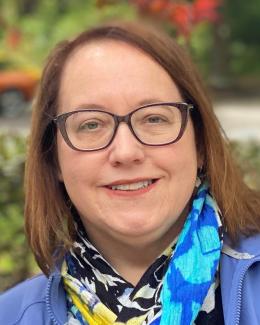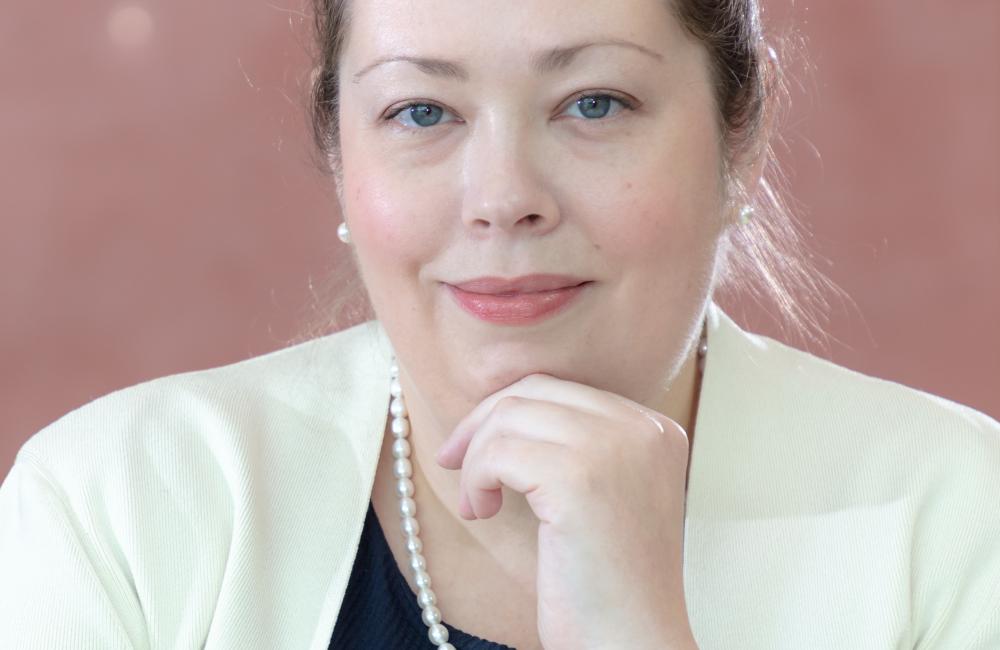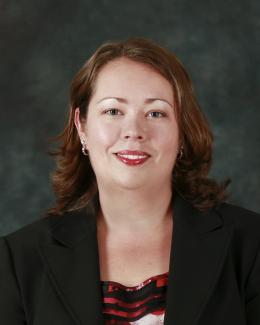Jennifer Ladd-Lively has been leading the Electrical Systems Engineering and Integration Group since September, bringing with her the organizational and time management skills learned through several years as a research scientist and project manager.
The group she leads specializes in designing and deploying instrumentation, control, and data collection systems related to isotope separation and national security. Ladd-Lively was already familiar with several scientists in the group, as she had had worked with several of the group’s members on collaborative projects when she was in the Nuclear Security and Isotope Technology Division.
Growing up, Ladd-Lively was interested in both science and art. But she settled on the study of chemical engineering after hearing a presentation by a chemical engineer who visited her high school in Roane County, Tennessee. She graduated valedictorian of her class, and went on to earn a bachelor’s degree in chemical engineering at Tennessee Technology University. She had her first experiences with Oak Ridge National Laboratory while working as an undergraduate intern for three summers on soil science projects in the Environmental Sciences Division.
As a senior in college, she heard about a fellowship opportunity in nuclear science funded by the US Department of Energy that would pay for her studies while she pursued a master’s degree at the University of Tennessee-Knoxville (UTK). “Turned out, applications were due the day I first heard about the fellowship. I wrote the required essays and applied, and ended up getting it,” she notes. The decision would steer the course of her career.
During her master’s studies she began working within the Nuclear Science and Engineering Directorate at ORNL, and even wrote her master’s thesis on some of the nuclear reprocessing work she was involved in at the lab. After finishing her master’s, she was hired as staff.
She went on to earn a PhD in chemical engineering from UTK with a focus on nuclear safeguards applications, while continuing her work at the lab. During that time, she also spent three years as a technical advisor at DOE in the National Nuclear Security Administration’s Office of Defense Nuclear Nonproliferation research and development (DNN R&D) program office. Today, that same office continues to be the key sponsor of her research activities.
“The stint in DC was a great opportunity to get to know the other labs and what they’re doing, to make new connections, and to help craft long-term strategy,” she added.
Along the way, Ladd-Lively picked up project management skills, which she describes as “a people venture. I enjoy interacting with teams and with other labs, planning large experiments and interacting with sponsors at headquarters.”
To manage her busy professional life, Ladd-Lively is an aficionado of productivity techniques, and has even attended some productivity seminars on her own time. She uses her Outlook calendar and other apps to schedule routine tasks so important work doesn’t get overlooked.
As a group leader, she’s looking forward to helping others succeed in their own career goals as well as enhancing her management experience. Her research efforts also continue, largely focused on signatures and observables work in non-proliferation. “The objective is long standoff detection. You want to be able to tell what’s going on in a facility from a distance using sensors and data collection, for instance.”
Ladd-Lively also sees cross-pollination potential for her work at sites such as the Manufacturing Demonstration Facility, a DOE Office of user facility at ORNL. “We want to see if we can apply some of the techniques we’ve developed to track the health and reliability of their manufacturing equipment. The idea being to conduct preventative maintenance and avoid unplanned outages.”
Her advice for young scientists is to network. “Get outside your group, your division, and your directorate and meet people. Make contacts all across the lab. It will pay off in the long run as you move forward in your career.”
ORNL is managed by UT-Battelle for the Department of Energy's Office of Science, the single largest supporter of basic research in the physical sciences in the United States. DOE’s Office of Science is working to address some of the most pressing challenges of our time. For more information, please visit https://energy.gov/science.




